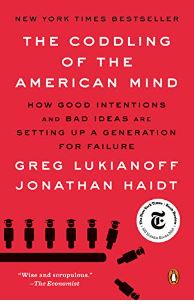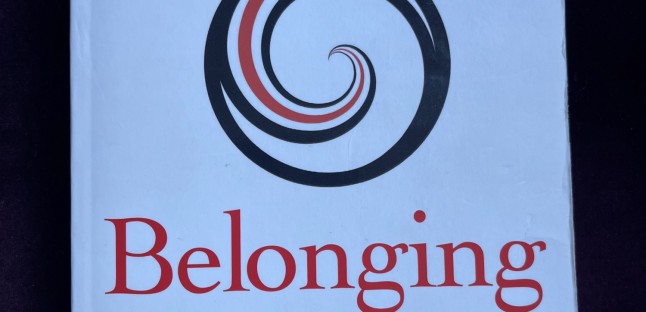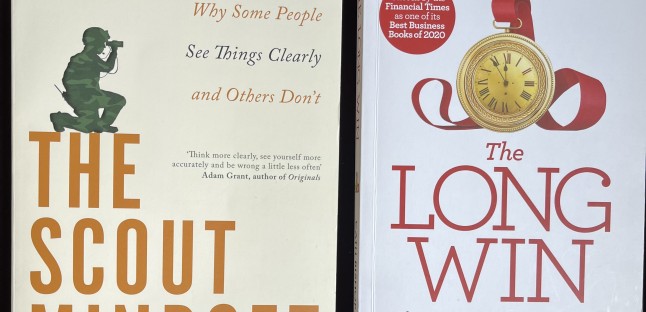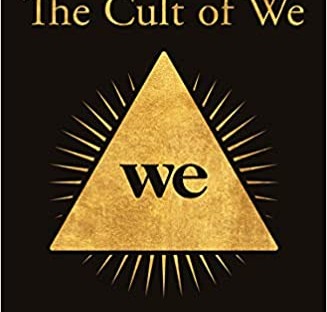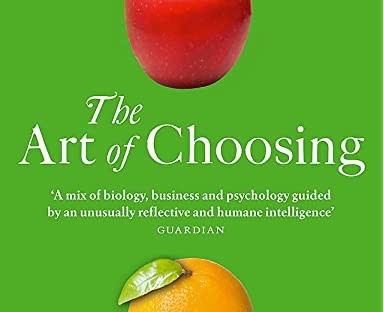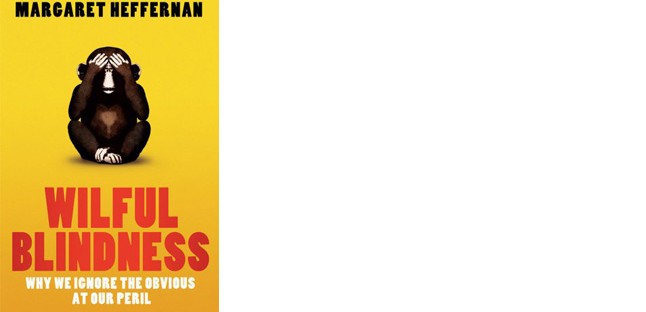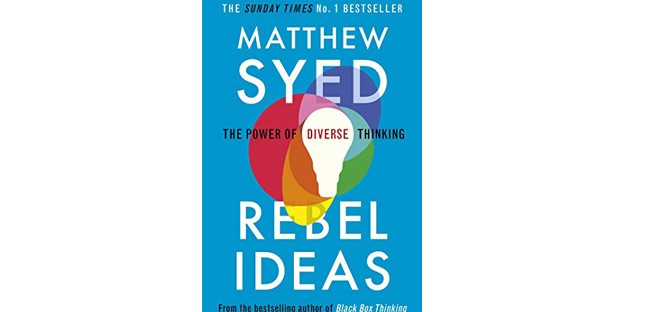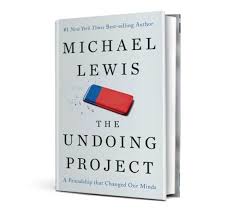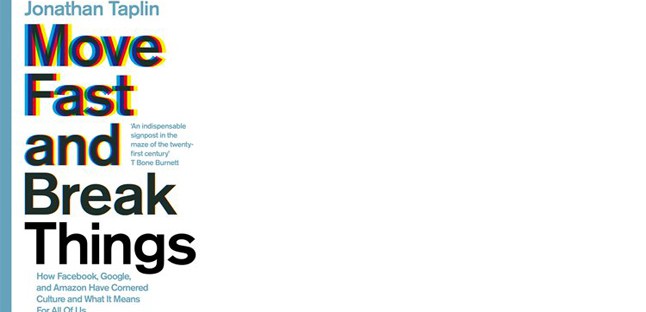Back to all posts
Latest posts
A masterclass in creating value
What’s going on at parkrun?
Virtue-signalling all the way to the bank
Bud Light: brand purpose or virtue-signalling?
The Coddling of the American Mind, by Greg Lukianoff and Jonathan Haidt
Belonging, by Owen Eastwood
Such a simple thing
The Long Win, and The Scout Mindset
The Cult of We by Eliot Brown and Maureen Farrell
Coffee and covid modelling
By theme
Marketing strategy
Insight & metrics
Innovation & inspiration
Brand & positioning
Marketing communications
Business purpose
Leadership
By industry sector
Financial services
Retail
FMCG
Technology & start-ups
Consumer services
Business to business
Other sectors
By type
Books
Comment
Quotes
Thought leadership
When and how did we all become so emotionally fragile? One might accept that children should be protected from old-fashioned books which might teach them wrong or outmoded ideas, as per the recent furore over the revision of Roald Dahl’s classic children’s books. (Or not.) But a trigger warning for university students on Jane Austen? This book will help you trace the origins of this extreme sensitivity. Of course it comes from the USA, Read More
In Owen Eastwood’s book, Belonging, there’s a chapter about the South Africa cricket team after the end of apartheid. It’s worth reading this book for that chapter alone. One result was that they changed their name from the Springboks to the Proteas. But of course, a name change without real change is nothing. Eastwood was there when the real change happened, and it’s spine-tingling.
I say this because there’s a lot of Maori legend and new-agey type stuff early on in the book, Read More
The Long Win, by Cath Bishop
The Scout Mindset, by Julia Galef
“Can I give you some feedback?” If those words make your stomach churn, or your heart sink, then Cath Bishop’s book is for you. The Long Win, subtitled The Search for a Better Way to Succeed”, can show us how to make the most of every learning opportunity, so that you can win even when you lose. We see how this can work in sport, Read More
This is a story of monumental hubris, greed and failure. The account of how the charismatic founder of WeWork, Adam Neumann, and his wife, Rebekah, drove the business into near-bankruptcy while extracting a billion dollars for themselves is a good read. The greed is not just theirs, though their hypocrisy is at times breath-taking. “We believe in this new Asset Light lifestyle” says Rebekah, after buying a $15m estate in Westchester, New York. This was not their first home; Read More
Are vaccines safe? What about that possible connection between the MMR vaccine and autism – no smoke without fire, right? You need to know this: that particular fire was lit by the very man who claimed he was trying to put it out. There never was a plausible link between the MMR vaccine and autism. The doctor who investigated it, Andrew Wakefield, did not think so either. But he earned himself a fortune by acting as if he did. Read More
Having too much choice can be paralysing. This was demonstrated in a famous experiment about jam, which may have inspired the “rule of three” much loved by behavioural economists – the idea that when you give people three price options, whether it’s three quality tiers, three product bundles, or just three different versions, most of us default to the middle one. A McKinsey consultant said it was the reason they now practise the 3 x 3 Rule, Read More
This book explains how ordinary, decent people end up doing really bad stuff at work, while others find it easy to turn a blind eye to the wrongdoing. The best, or worst, stories are about how a cumulation of little steps can lead to disaster. In the case of the Texas City oil refinery disaster, it was an accumulation of non-steps: people not daring to question, or to answer back, or to tell the truth that they knew wasn’t welcome. Read More
The business case for diversity has largely been made, as has the moral case. But has it really been believed and internalised? Here, Syed demonstrates the true impact and value of diversity, explaining how it actually works. Once you’ve read this book, you will want to seek out the right kinds of diversity for the right kinds of problems and challenges, and you’ll be able to respond convincingly to the standard objection that recruiting for diversity inevitably leads to a dilution of standards. Read More
Here is a brilliant story-teller reporting on two exceptional people doing breakthrough work: their lives, their work, their friendship. It’s an accessible and enjoyable grounding if you’re new to behavioural economics, and it’s unmissable for anyone who’s already into BE and wants to understand where it came from. BE got big for marketers around ten years ago with Nudge, embraced by US and UK governments to change behaviour in areas like income tax, pension planning, Read More
It’s easy to project altruistic motives onto young, Gap-clad, seemingly naïve, computer-gaming geeks who appear to care more about coding than about money. This book makes a strong case that it’s the rest of us – including governments – who are the naïve ones. Taplin spent his life in music and film, and started an early legal content-streaming business. He uses personal stories to show how the internet’s biggest jockeys Google (with YouTube) Facebook and Amazon have built their profits from the pockets and creativity of others. Read More
Back to all posts
Latest posts
A masterclass in creating value
What’s going on at parkrun?
Virtue-signalling all the way to the bank
Bud Light: brand purpose or virtue-signalling?
The Coddling of the American Mind, by Greg Lukianoff and Jonathan Haidt
Belonging, by Owen Eastwood
Such a simple thing
The Long Win, and The Scout Mindset
The Cult of We by Eliot Brown and Maureen Farrell
Coffee and covid modelling
By theme
Marketing strategy
Insight & metrics
Innovation & inspiration
Brand & positioning
Marketing communications
Business purpose
Leadership
By industry sector
Financial services
Retail
FMCG
Technology & start-ups
Consumer services
Business to business
Other sectors
By type
Books
Comment
Quotes
Thought leadership
